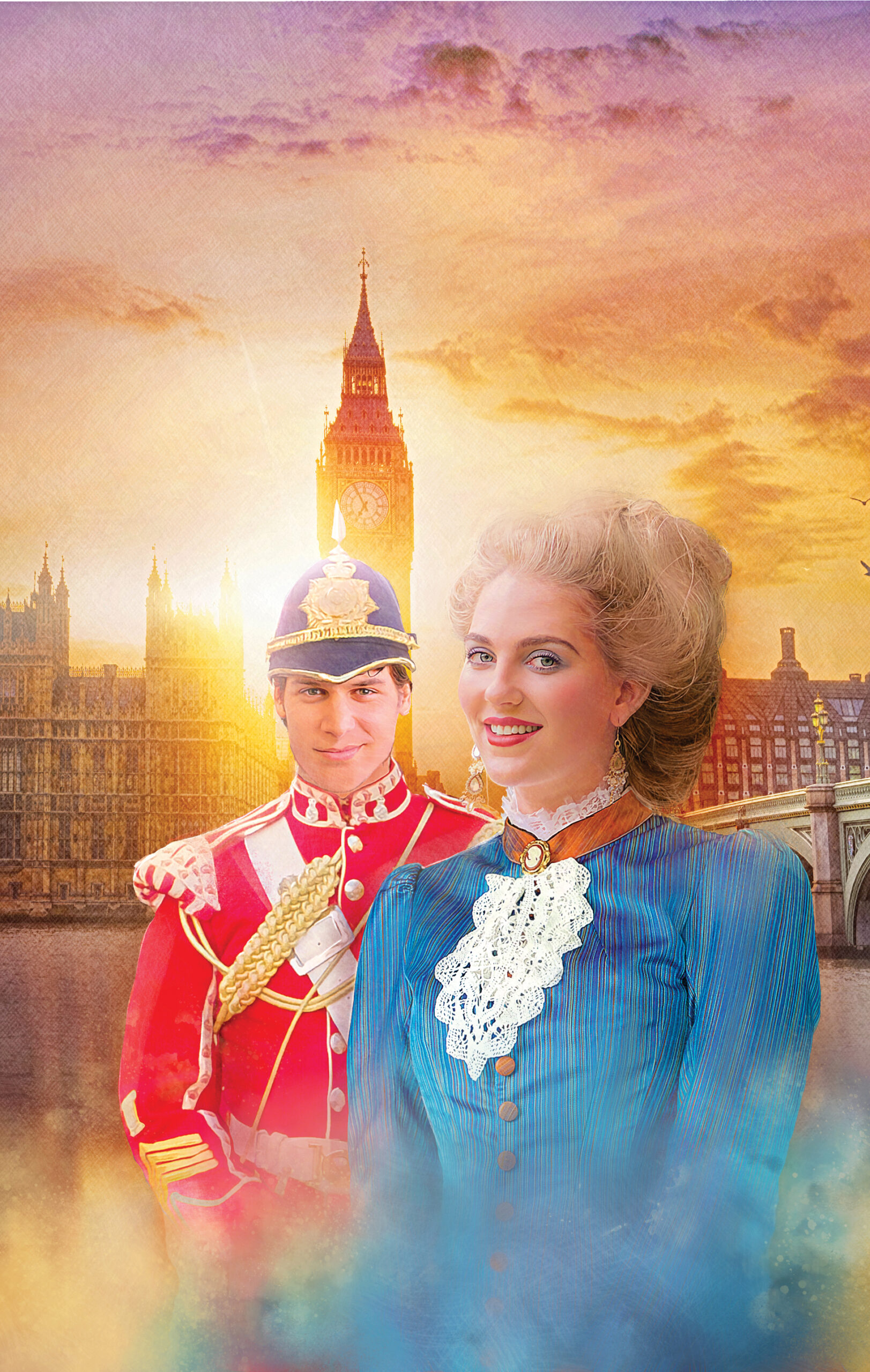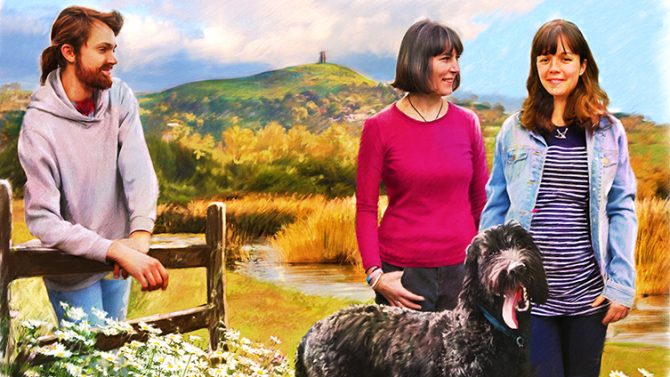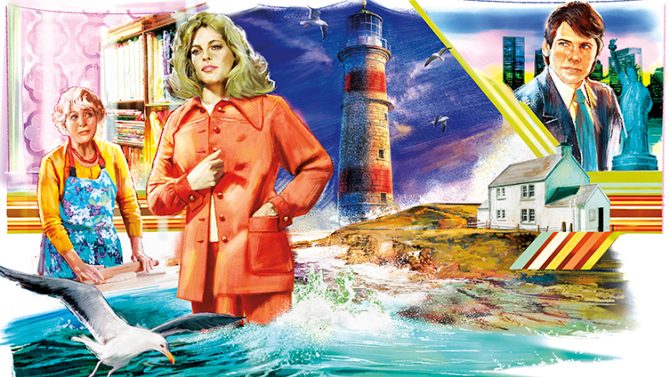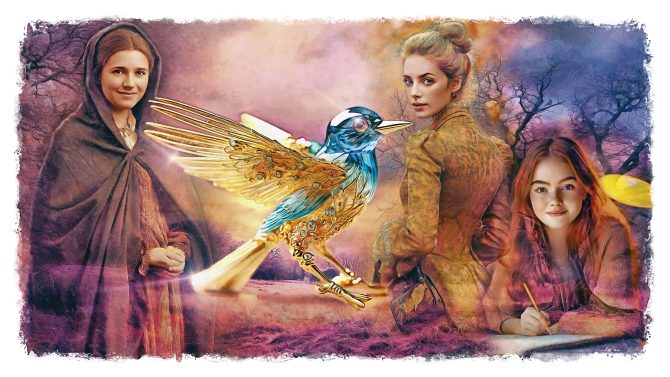The Schoolmaster’s Daughter — Episode 04
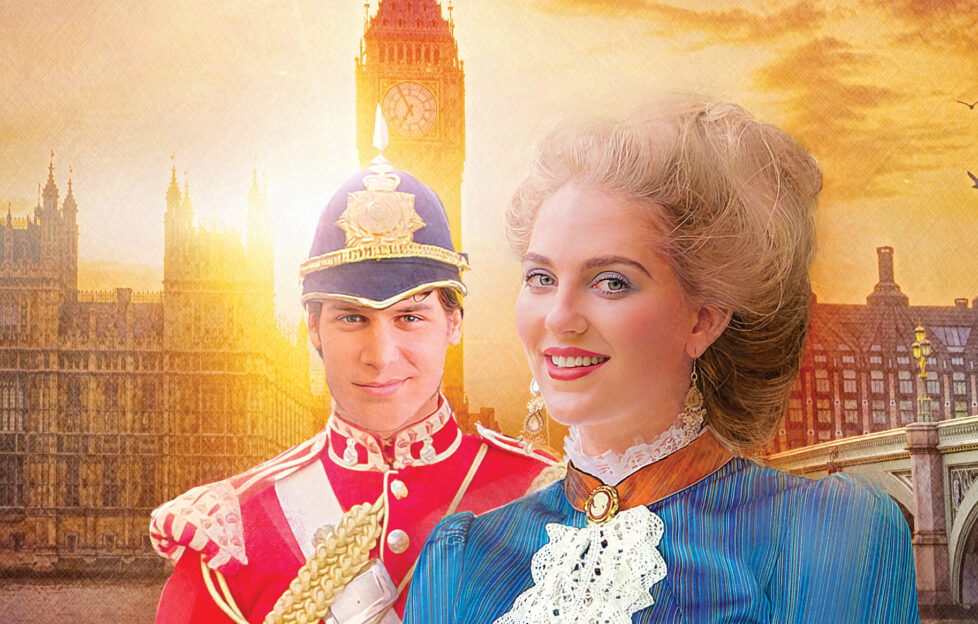
The Schoolmaster's Daughter by Suzan Lindsay Randle
« Previous Post- 1. The Schoolmaster’s Daughter — Episode 01
- 2. The Schoolmaster’s Daughter — Episode 02
- 3. The Schoolmaster’s Daughter — Episode 03
- 4. The Schoolmaster’s Daughter — Episode 04
- 5. The Schoolmaster’s Daughter — Episode 05
- 6. The Schoolmaster’s Daughter — Episode 06
- 7. The Schoolmaster’s Daughter — Episode 07
THE next morning, as she sat sewing in the parlour, Louisa found herself listening out for the bread delivery. Through the small window she could see the path to the tradesmen’s entrance.
The dairyman arrived with the milk, but that was all.
Unable to concentrate, she decided she needed a distraction. Putting on her coat, hat and boots she went for a walk along the wide, tree-lined avenue of smart houses that led towards the railway station.
It was a bright morning and it cheered her to see a row of golden daffodils along the grass verge, standing upright like soldiers on parade.
Taking the first turning, she came upon a pony and cart, seemingly unattended. Her heart gave a lurch when she realised it belonged to Knibb’s Bakery.
This time both of the rear doors were open, revealing a number of cloth-covered baskets on board, but of the driver there was no sign.
The grey pony stood waiting patiently by a wooden gate.
Approaching the animal with caution, Louisa patted his neck gently.
“Hello; you’re a fine fellow.”
“Aye, he is that,” George said, emerging from a gap in the hedge behind her.
Louisa jumped at the sound of his voice. As she turned around to face him, she wasn’t sure whether he recognised her from the previous day.
George doffed his cap.
“Good morning, miss.”
He was taller than Louisa and had a leather bag over one shoulder and an empty basket in his opposite hand.
“Good morning. He’s very good to wait for you like this. You must have trained him well.”
Throwing the basket into the back of the cart, George closed the doors.
“He’s naturally well behaved and we’re pals, aren’t we, Alfie?”
He pulled a handful of grass from the verge and fed it to the pony while smiling at Louisa.
She noted that this time he maintained eye contact and was much more relaxed than he had been in the shop.
“That’s a nice name for a pony. I’m surprised that Mr Knibb made such a choice.”
“Oh, that wasn’t his choice!” George laughed. “He just calls him the four-legged beast. But you need a proper name, don’t you?”
George stroked the pony’s nose.
“Treat an animal well and he’ll willingly work for you.” Talking more to the pony than to Louisa, he went on. “A pity Walter Knibb doesn’t think the same way about his employees.”
“Are there many of you employed at the bakery, may I ask?”
“There are three of us at present, not counting Mrs Knibb. Used to be just two but a fellow by the name of Samuel Cronk showed up a week or so back. Said he trained as a baker in Nottingham so old Knibb took him on as we needed another pair of hands.”
George relaxed his stance and rested one hand on the cart.
“I don’t mind too much, in a way, because he sleeps above the shop and does the dough-kneading at night, but I do mind getting the blame when he burns the cakes. Must think he’s King Alfred – isn’t that what he was famous for?”
Louisa laughed.
“Yes, indeed.”
George frowned.
“I don’t want to bring shame upon my family by being dismissed before I’ve completed my apprenticeship, especially for things that aren’t my fault. My father works in a factory but he’s also a sergeant in the Rifle Volunteers.” George puffed out his chest with pride as he spoke. “You’ll often find him in the Drill Hall of an evening, doing his bit for Queen and country, instead of frequenting public houses as some like to do.”
He took the pony by the reins.
“Do you mind if we walk on a little, if you’re going the same way? I’ve a fair few deliveries to make yet.”
“Of course,” Louisa said, falling into step beside him.
